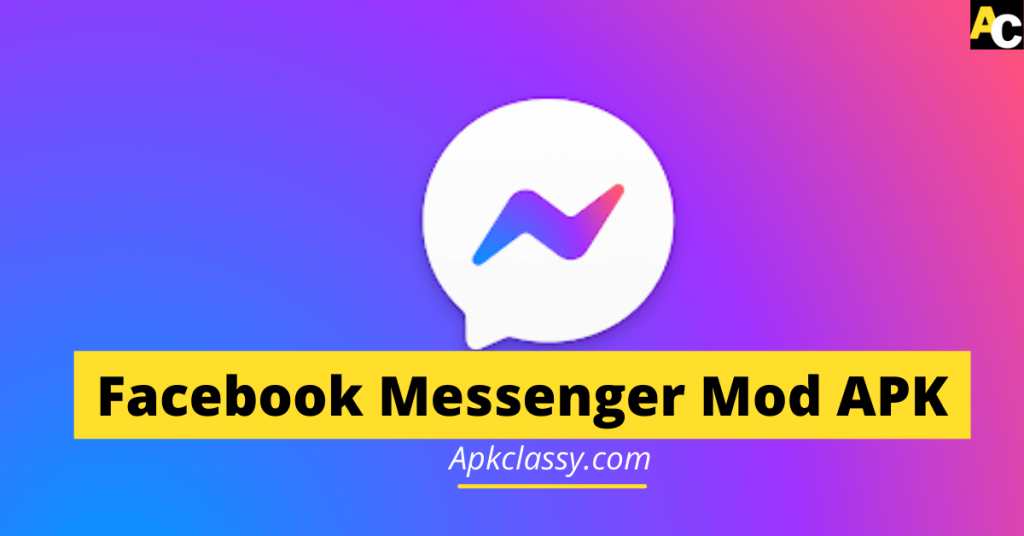

The work, which shows teen suicide and depression rates climbing in the US since 2010, suggests that these issues are linked to the swift rise in smartphone ownership across the country. Researchers at San Diego State University and Florida State University recently found that teens who spent a lot of time using smartphones for things like social media were more likely to be depressed. “It still has to sell sugar it can’t really be genuinely concerned with the well-being of kids.” “It’s like Coca-Cola inventing a kids’ soda product,” he says. And habituating kids to always-on communication concerns Tristan Harris, a former design ethicist at Google who cofounded and runs the Center for Humane Technology.

That kind of information can cause anxiety even in adults who’ve already spent years using apps. It will also tell you whether the person you’ve sent a message to has viewed it already and if so, for recently sent messages, when.

For instance, if you send a contact a message on Messenger Kids, it lets you know if the person is online or how long it’s been since he or she was active. However, the app also has some of the very grown-up features you find on Messenger. It’s full of parental controls kids must get a parent’s authorization (via the parent’s own Facebook account) to sign up and to add each new contact. The design of Messenger Kids is evidently meant to put parents at ease. Messenger Kids is meant chiefly for texting and video-chatting with parent-approved friends and family, and it includes fun features like digital stickers and animated masks. With the new app, it’s creating a purportedly safe space for children, too. In an attempt to assuage worries about fake news, Facebook recently announced it will show regular Facebook users fewer posts from companies and news media and more from their friends. And during the most recent US presidential election campaign, the company admitted, Russian-backed political content reached 126 million American Facebook users, showing how vulnerable the platform is to abuse. In controversial experiments, it has proved it can alter people’s moods or their likelihood of voting by tweaking their news feeds. The app seems to be part of Facebook’s response to the concerns voiced by a growing number of people-including early Facebook investors like Sean Parker, as well as former executives-about the social network’s powers of manipulation. “It’s like Coca-Cola inventing a kids’ soda product.”


 0 kommentar(er)
0 kommentar(er)
